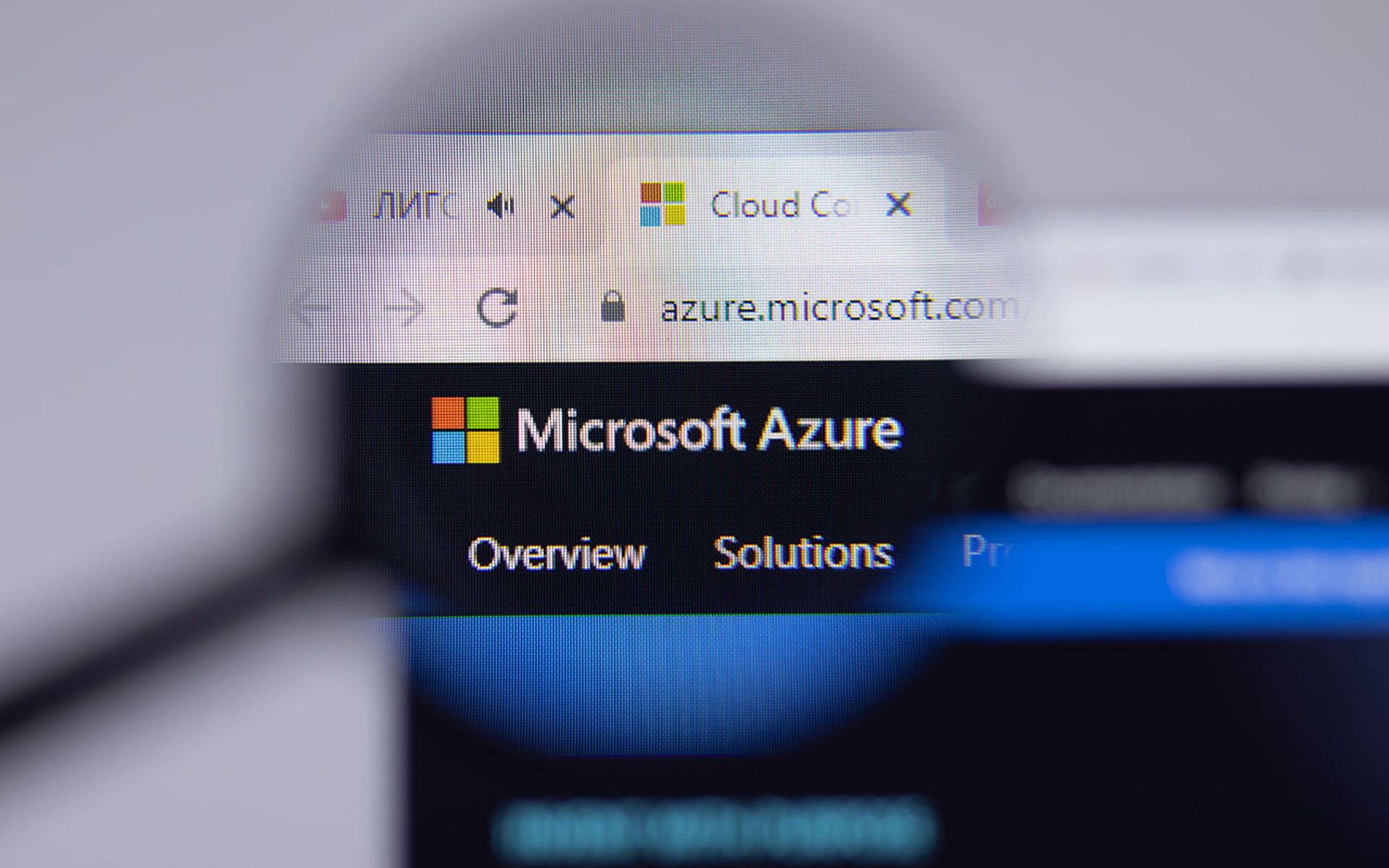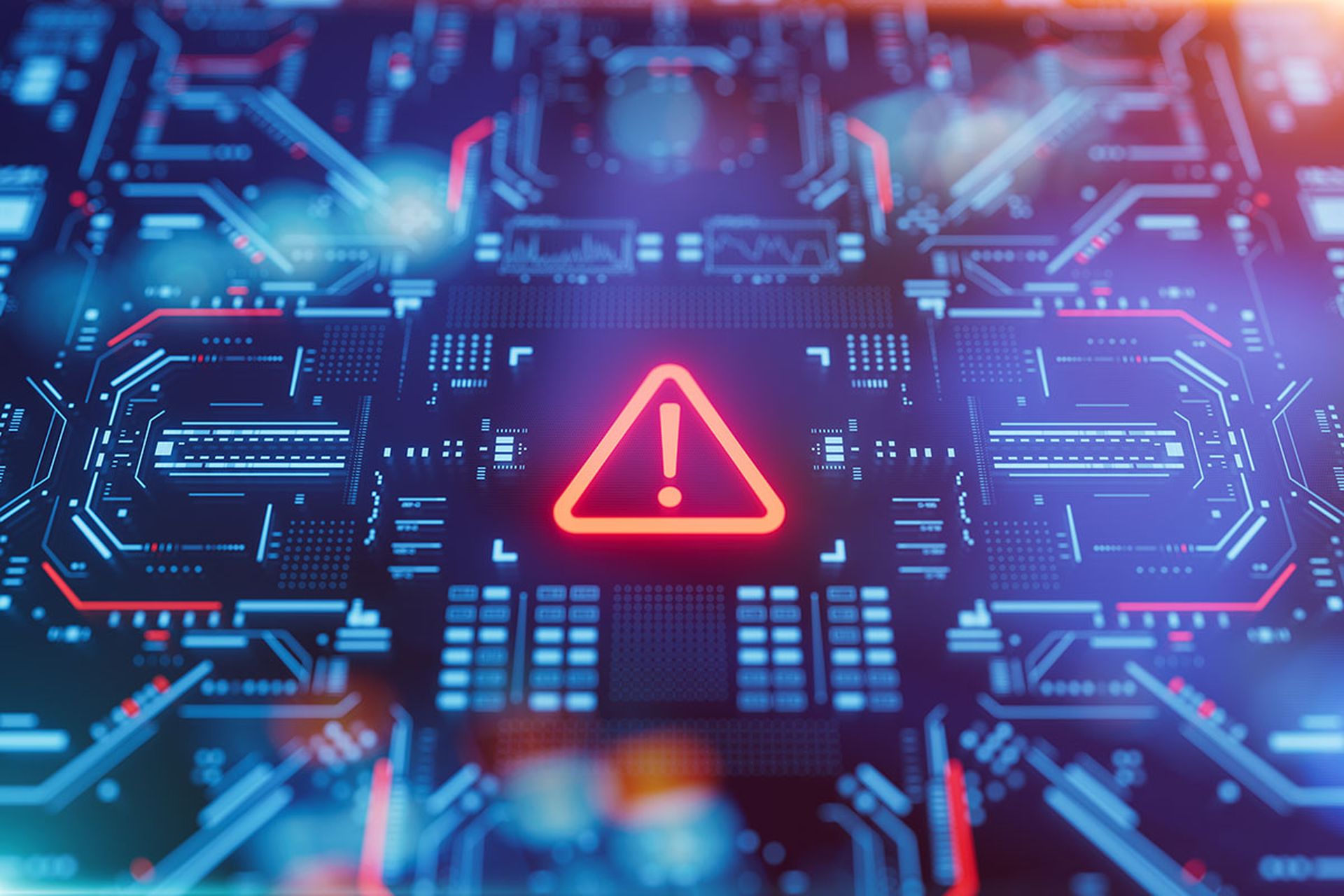Only 52 percent of internet users who've lost money to cyber-criminals have only received some, or none, of their stolen funds back.
New research from Kaspersky Lab revealed how costly these attacks are for internet users, and how lucrative they've become for cyber-criminals. A total of 12,546 people, aged 16 and over, from 21 countries around the world were surveyed.
On average, internet users lost £381 per attack and 10 percent of respondents said they lost more than £4000.
Seventy percent are aware and concerned about online hacking and 64 percent are worried about online banking fraud. Only 21 percent of consumers believe they are a target for cyber-attacks.
Overall, 29 percent of people have been affected by online threats. Forty-two percent have faced malware, with 22 percent of them suffering from devices infected with malware as a result. Seventeen percent of internet users have faced a ransomware threat, with six percent becoming infected as a result.
A majority of survey respondents reported that they conduct financial operations online (81 percent) and 44 percent store financial data on their connected devices.
Only 60 percent of internet users protect all their devices. Over half (51 percent) use insecure methods to remember passwords and 71 percent use insecure public Wi-Fi in cafes, bars and fast food restaurants. Almost a quarter (23 percent) believe security solutions are just a gimmick.
“Cyber-criminals are continually looking for new ways to exploit and defraud consumers and that's why it's important for internet users to be on their guard at all times,” said Vyacheslav Zakorzhevsky, head of the anti-malware research team at Kaspersky Lab. “Cyber-criminals can conduct financial crimes via malware, phishing and more. Don't assume you will always get all your money back if you become a target and funds are stolen from you. The best way to safeguard your finances online is to make sure you don't become a victim, and for that we recommend specialist software that protects your identity and keeps sensitive data out of the hands of the cyber-criminals.”



